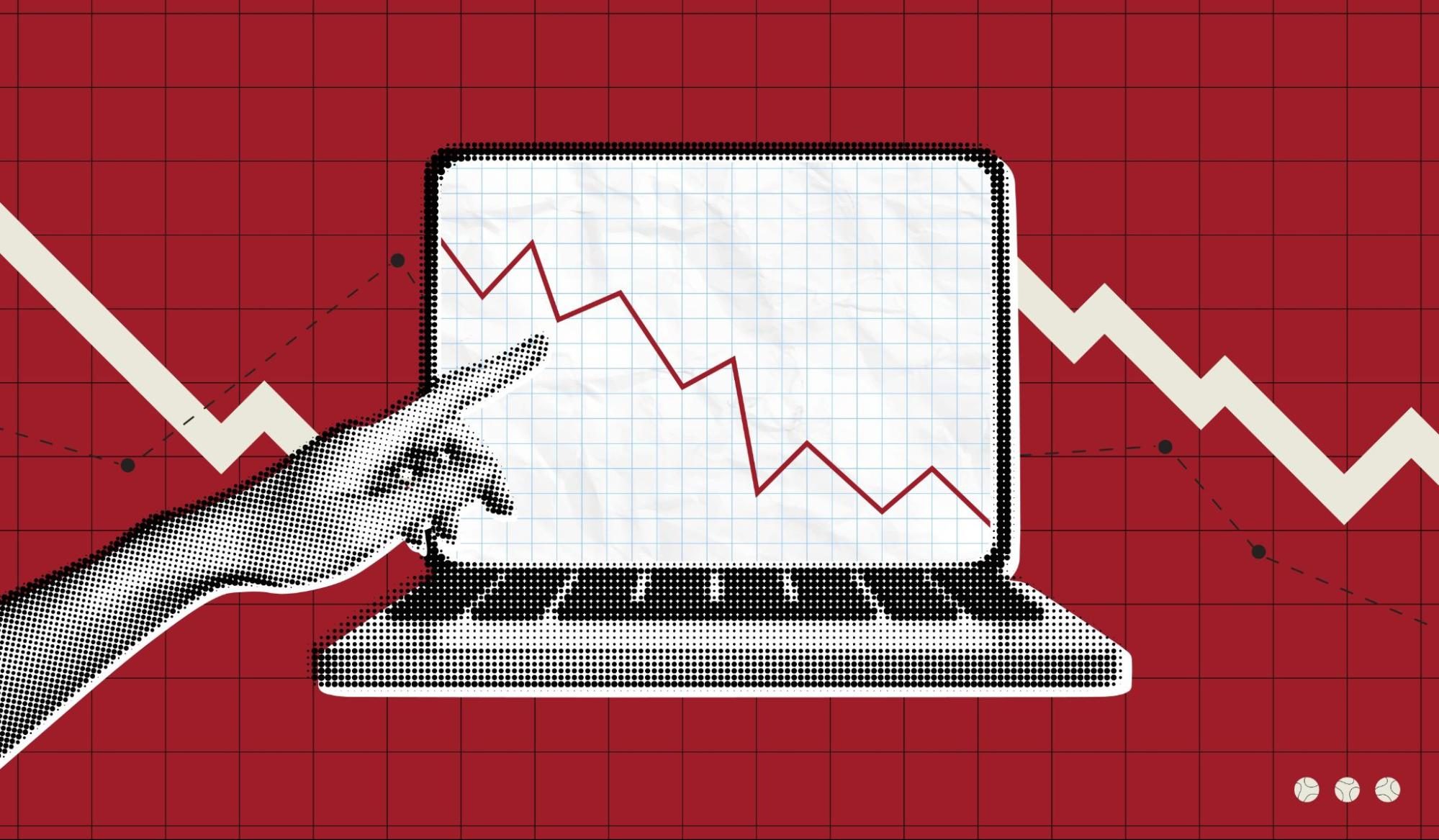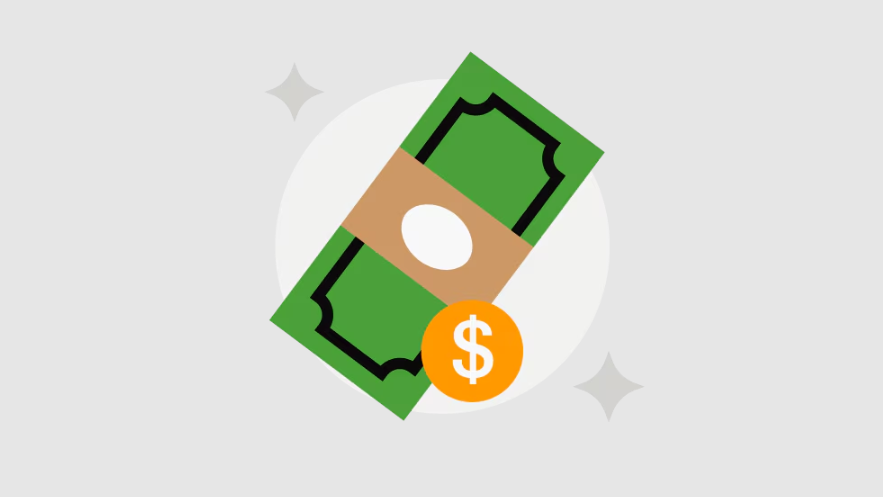Quarterly inflation could rise to 8.7% in the second quarter of this year and remain above 7% until the first quarter of 2023, says the Centre for Economics and Business Research (CEBR).
It adds that the Bank of England (BoE) interest rate will now average 0.7% for the whole of 2022, 1% for 2023, and 1.25% for 2023.
CEBR says that despite high inflation, the BoE, “traditionally does not try to respond to one-off shocks… and in fact we expect that in the new environment there would be less tightening than we had previously calculated.”
These insights come from the economic consultancy’s report on the potential cost of the Russian invasion of Ukraine to the UK economy.
The report also details the invasion’s possible impact on GDP, which CEBR describes as being “dramatic”, marked by rising commodity prices tightening disposable income – by 1.9% in 2022 and 2.1% in 20223 – and a reduction in exports around the world as a consequence of the sanctions on Russia.
This fall in disposable income is set to be the largest since records began in 1995 and will equate to an average of £2,553 per household.
CEBR believes that UK GDP will therefore shrink from 4.2% in 2022 to 1.9% and, in 2023, from 2% to zero. “Cumulatively,” the report says, “this is a reduction on GDP of more than £90bn”.
Inflation came to 5.5% in January, according to official figures.
Original Article





